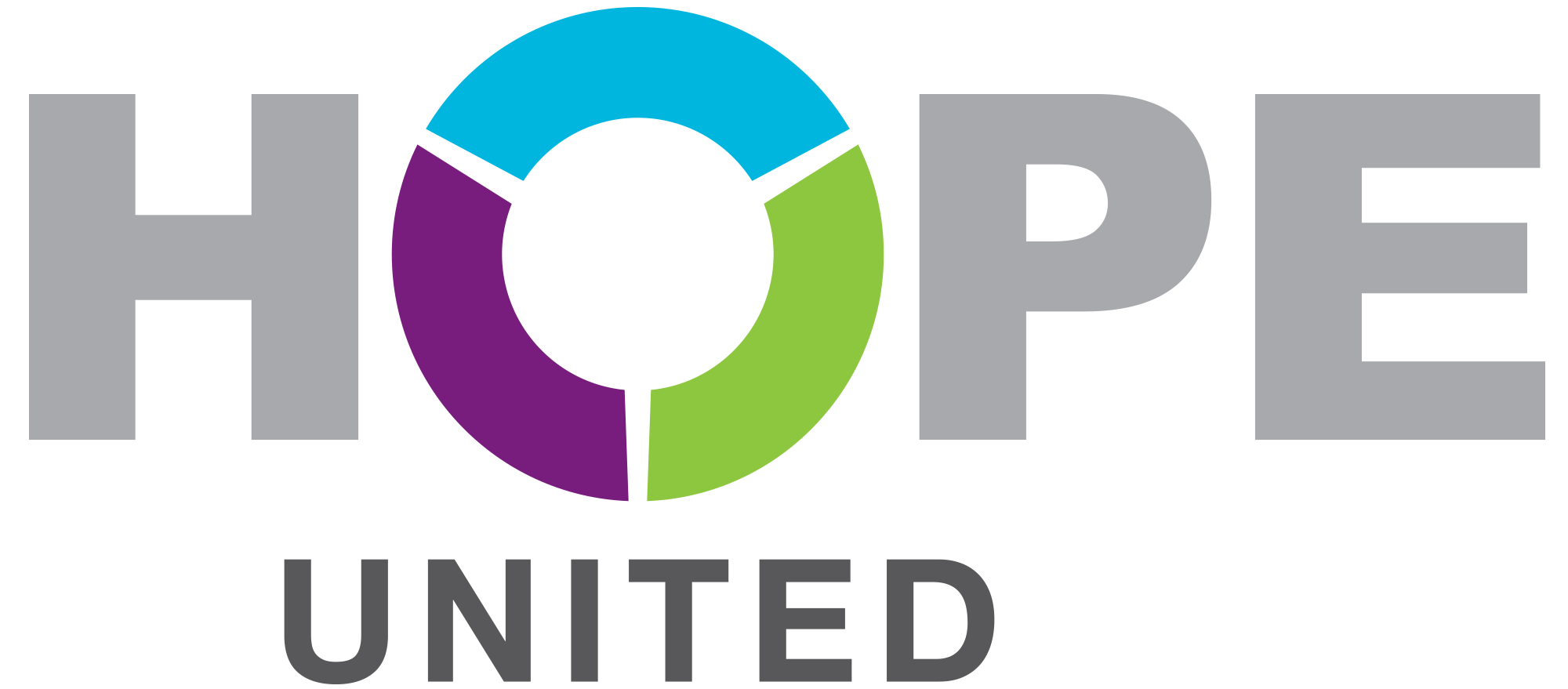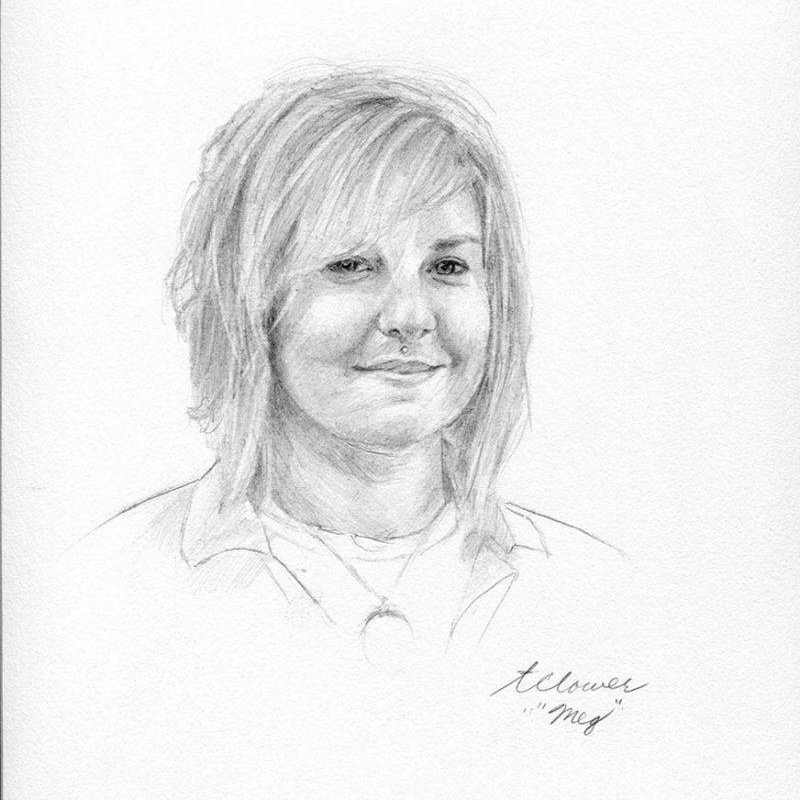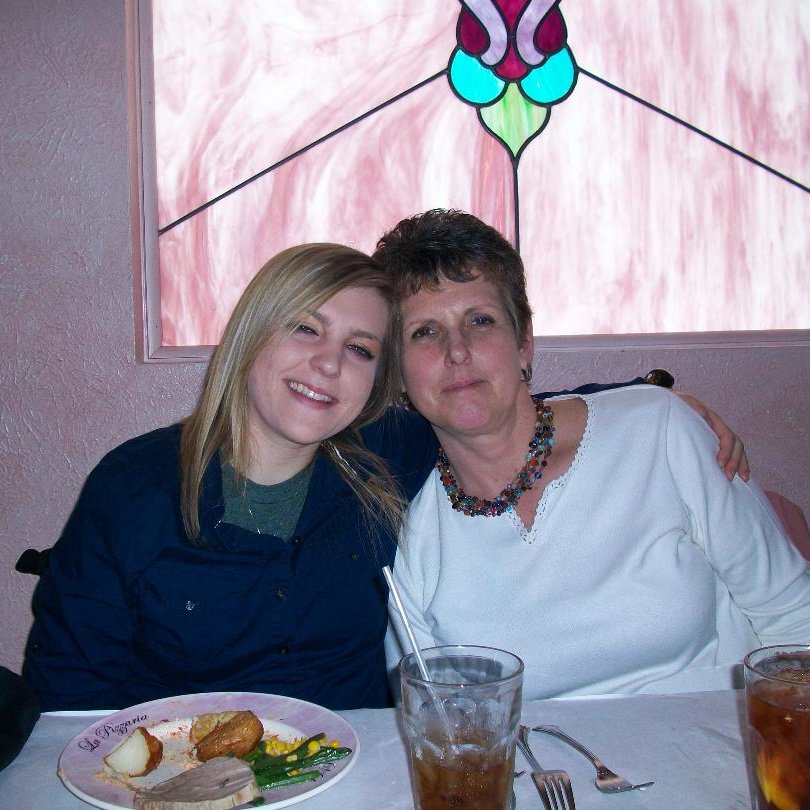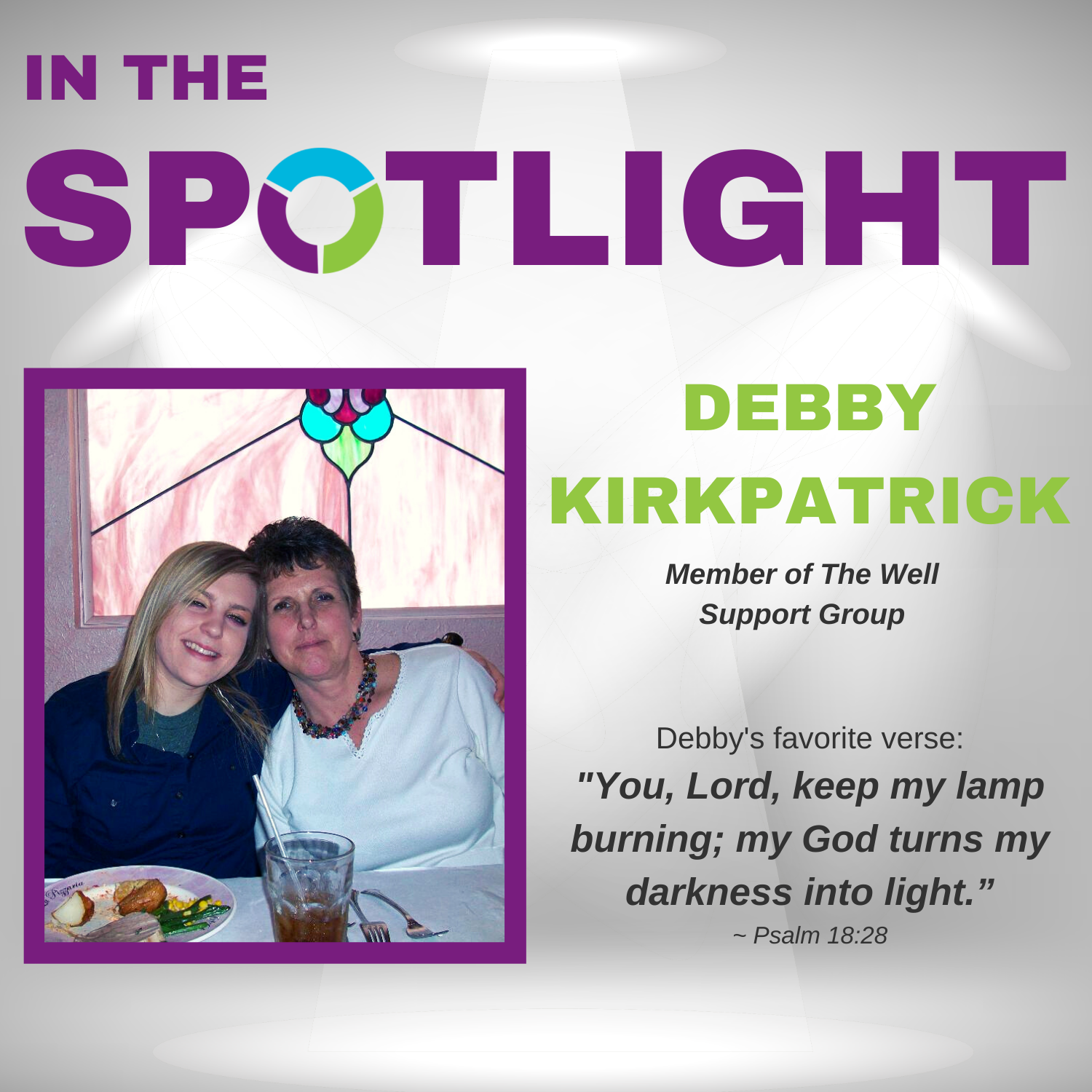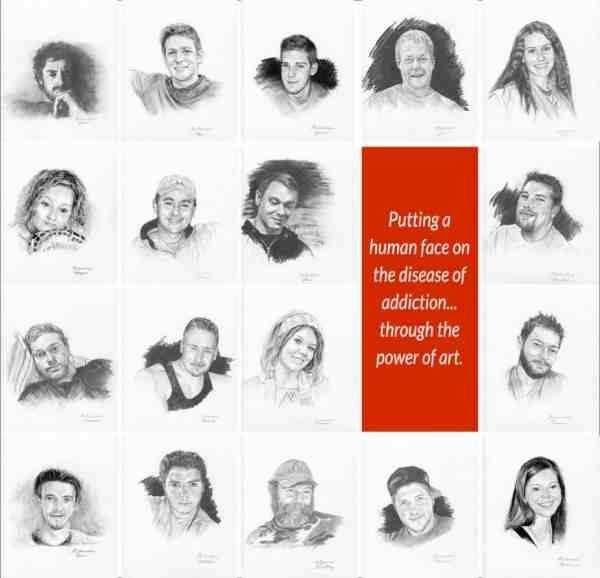Healing Through Journaling
Journaling: The act of writing down your thoughts and feelings to better understand them.
People may balk at the idea of starting a journaling practice. There are always the excuses – “I don’t need to do that”, “it’s not for me”, or “I don’t have time to journal”. But if that is how you feel, you may want to reconsider taking up a journaling practice. The benefits can be life altering.
Research suggests that journaling can not only be beneficial for your mental well-being but may also improve your physical well-being as well. From everything we have read, journaling can be extremely beneficial for individuals in recovery from the disease of addiction as well as for the families who are impacted by addiction – whether through the loss of a loved one to addiction or being caught in the chaos of trying to help a loved one who is struggling with a substance use disorder.
Hope United’s grief support group, The Well - for families who have lost a loved one to addiction - recently invited one of their leaders and long-time members, Debby Kirkpatrick, to share about her experience with journaling and how she finally began. The response to her sharing her journaling experience was incredible. Because of this, Debby was kind enough to put her thoughts into words for us to share in this blog. Thank you, Debby, for taking the time to share with us how your initial apprehension with journaling eventually led to a love of journaling for your grief recovery journey.
“I have always been an active, busy person, using my limited free time to pursue activities outdoors. When it comes to journaling, I have always recognized the benefits, but I always dismissed it as something other people did. Something that was not necessary for my wellbeing, something I did not have time for, but sometimes the things we feel and believe change.
On August 4th of 2016, my 26-year-old pregnant daughter Megan and yet to be born granddaughter Kadence died of an accidental drug overdose. That day I felt as if my whole life was taken from me, and I experience deep traumatic emotional wounds. I did not know how or if I could recover from this deep loss. About 6 weeks later I began attending a church group focused on Grief Recovery and met individually with the groups licensed counselor. Early on she conducted a group session on journaling and its many benefits for those suffering any type of grief. Many of the members went off and bought their journals and proudly brought them to our sessions with pages filled with words. When I was asked about my journaling experience, all I could offer was that I had not started. In the back of my mind, I had no intention of doing the exercise. Week after week this scenario was repeated until I eventually went out and bought a journal and proudly announced to the group, that I had bought a journal, but it remained empty. Over the next year I was given several journals as gifts by people that saw my struggles and were trying to be helpful. Still, I could not bring myself to journal. I think I was afraid of myself. The depth of the emotions that I was feeling was frightening and not something I felt ready to face, but sometimes the things we feel and believe change.
Many people have that go to person in their life that they feel they can talk to freely and without judgement, my person was my mother. We would talk on our weekly visits and daily phone calls for hours about anything and everything. She loved talking about Megan and Kadence and loved me so unconditionally. Mom became ill unexpectedly and in January of 2019 she passed. Suddenly I felt alone in the world with no one to talk to that got me, that could understand everything I was thinking and feeling. So, all of those things got buried. But sometimes the things we feel and believe change.
In 2020 I received an email from Hope United inviting us to apply to participate in an Into Light Ohio project. Into Light is a national non- profit organization dedicated to changing the conversations around drug addiction. Motivated by the death of her son, Devin, to an overdose of fentanyl, founder Teresa Clower found solace in doing portrait work as a way of working through her grief. She became inspired to find others who lived and died like her son and show the extent of the drug epidemic through exhibits involving each state. She aspires to draw forty-one portraits for each state and tell their stories. Into Light Ohio was to be displayed at the Malone University Art gallery in early 2021. There was an application process in order to be selected that required a lot of writing and responding to questions about our loved one. I decided once again that writing would be too difficult for me and deleted the email. I received a few more emails on that subject, and wanted to do it, but could not bring myself to do it. I felt as if I was letting my child and myself down. Sometimes the things we feel and believe change.
During the summer of 2020, I was laid off from work and had more time on my hands than I ever had in my whole life. One gloomy afternoon I stared once again at the email announcing Into Light Ohio and decided I would try to complete the application. I spent hours at my dining room table answering each question carefully and thoughtfully. Many emotions and memories surfaced. Once I got started, I felt like I could write for days. It was very freeing to be able to write to someone that wanted to know about the real person Megan had been and I was so happy to tell the world her story. After hours and a box of tissues, I completed it, hit “send” and then waited. It was only a short time before I received a reply that Megan had been selected to be in the Ohio exhibit. Sometimes the things we feel and believe change.
After that experience, I felt the need to write more, to release all that I had bottled up inside me over the years. I grabbed one of my gifted journals and let the words flow. Some days I wrote to God, others I prayed, I recalled experiences with Megan and her brother, I copied scripture and wrote my reflections, I grieved, and I rejoiced, and on some days, I wrote just one word. On my next trip out west to visit my son Dylan, I journaled my entire trip. I now have a journal exclusively filled with my travels with him that I plan to give him one day when it is complete. Today I am an advocate for journaling and carry a small journal with me everywhere I go so I can easily record a quick thought, memory, prayer or scripture.
If you are considering journaling, I want to cover one basic rule, and that is that THERE ARE NONE. Your journal is your own. There is no judgement from others. There is no need to worry about spelling, punctuation, neatness or legibility. It is not something that is meant to be shared with others unless you decide you want to share. It is a safe zone where you can release and process all the things you hold in that need to get out so that you can begin to heal. Your journal does not need to be anything fancy - it can be a spiral notebook, a tablet, a steno book, or an electronic device.
Some of the benefits I experienced from journaling include:
Work through tough emotions.
Helps me to understand what I am feeling.
Helps me to see the progress I am making in my life.
Helps me to define my hopes, dreams and goals.
Keeps a written record of special memories I don’t want to lose.
Provides a safe place where I can write freely.
When I cannot find anyone who will really listen, I have my journal.
Once you start, I hope you will have a similar experience. Set aside a set time, in a special chair in a comfortable setting and let your words flow and feel the change and believe that change can happen.”
**We would like to extend a special thank you to Debby Kirkpatrick for sharing her experiences and wisdom about journaling for this blog. If you are a family member in need of support, Hope United offers two different family support groups: The Well for families who have lost a loved one to addiction and Loving With Grace for families who have a loved one struggling with addiction. To learn more about these groups, please visit our website at www.hopeunited.life/support. If you are working to maintain sobriety and would like to find additional support for your recovery journey through outpatient counseling or the recovery services that will be offered at the future Tyler’s Redemption Place (now under construction), please visit our website at www.hopeunited.life/recovery.
